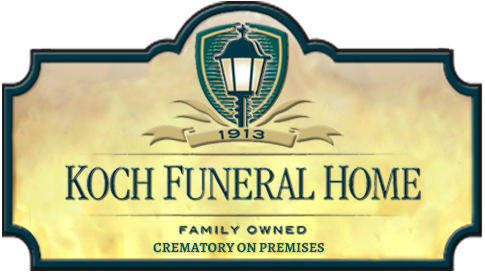


The death of a family member or friend is very emotional. Everyone handles emotions differently, and sometimes it has the tendency to cause friction about matters concerning possessions. Such matters can be upsetting, pose issues of fairness and create unfounded suspicion among even the closest of families and family members.
Administration of an estate is a difficult and frisky undertaking for those who have no experience with it. For that reason, it is often advisable to, at a minimum, touch base with an attorney to find out what is involved.
In Pennsylvania, the probate process (appointment of an executor or administrator) is almost instantaneous. The executor named in the will, or the next of kin if there is no will (administrator), can be appointed to manage the estate by the Register of Wills. Then the Register of Wills issues short certificates which show the authority of the executor or administrator to handle all of the assets of the deceased.
Thereafter, the executor, working with his or her attorney, will gather the decedent's assets, account for the decedent's debts and pay those debts. Usually an Inheritance Tax Return is required, which must be filed within nine months of the date of the death, and taxes, if any, must be paid. Once the Pennsylvania Department of Revenue approves of the filing of the Inheritance Tax Return and the payment of taxes, and all debts are paid, the executor distributes the assets to the appropriate beneficiaries and acquires a Receipt and Release from them.
In the alternative, in rare cases, the executor will file an accounting with the court of all the receipts and expenses of the estate and will ask the court to review and approve the accounting. After the court approves the accounting, the executor is free to distribute the assets to those as proposed.
Below are some of the issues which must be dealt with upon death.
- Gather important documents - military discharge papers, social security cards, tax documents, deeds, vehicle and boat titles, bank statements, brokerage accounts, stock certificates, retirement accounts, insurance policies, list of existing debts and bills, etc.
- Death certificates
- Wills
However, there are some assets which are not disposed of by will.
- Life insurance policies - Beneficiaries are determined by the persons named with the insurance company as beneficiary.
- Retirement type accounts - IRA, 401 [k], Keogh plans and other deferred income plans. Beneficiaries are determined by the persons named with the plan administrator as beneficiary.
- Property held in joint tenancy with someone else. At death, the deceased's share will automatically belong to the surviving joint tenant(s). A will provision leaving the deceased's share to someone other than the surviving joint tenant would have no effect unless all joint tenants died simultaneously.
- Property that was transferred to a living trust.
With these documents assembled, you have what is needed for your first appointment with your attorney.
The "Administering the Estate" information was kindly provided by the Law Offices of Richard L. Kalin.





